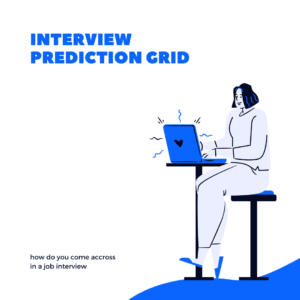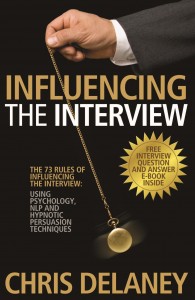CAN AN INTERVIEW HELP PROMOTE YOUR COACHING BUSINESS?
At Employment King we understand the importance of advertising to increase your coaching referrals and how clients are inspired by people’s success stories, which is why we will be interviewing a number of successful coaches this month.
We are looking to interview coaches to share their success stories with our readers, to help motivate and inspire them. To take part answer 10 of the following 20 interview questions and e-mail your personal interview to info@employmentking.co.uk
As well as sending me your interview answers, please send me a picture of yourself to be added to interview text. Successful interviewees will be added to our blog within a few days of receiving the interview.
Each interview will be edited and tailored so they sound live with your answers and my questions running smoothly throughout. We want to give the reader a feel for your personality. You can a link to your website in one of the questions.
- Thank you for joining me today, can I ask how long have you been a coach and what area do you specialise in?
- What has been your greatest success story to date?
- Has anything ever not gone to plan with a client? With that I mean have you ever tried a technique that didn’t get the results you and your client wanted?
- And what techniques do you use with clients?
- Is NLP a big part of your coaching style?
- Do you see clients on a regular basis or do you see clients for one of sessions?
- We all know it is hard starting your own business, what made you take the risk and start your very own coaching company?
- How many people work for you?
- How did you get into the coaching industry and what was your biggest hurdle?
- What is the difference between people coming for face to face coaching compared to telephone coaching?
- Do you have a life coach yourself?
- How has your life coach supported you?
- I know that you are a dedicated coach and you continue to build up your skills my attending number of training programmes, which training has been the most valuable to you and your clients?
- What is the common goal that your clients have?
- I know you support a wide range of clients, but who is your ideal client?
- I know you write for a number of publications and blogs, if people want to read your articles where can they find them.
- As well as a coach you also have a successful talk radio show, what time is your show on?
- I understand you recently released a coaching book, what is the book called and how does the book help people?
- What is your mission?
- It’s been a pleasure meeting you, where can people find out more about you, and if they want to how can potential clients contact you?
If you enjoyed reading this article you will also enjoy reading:







